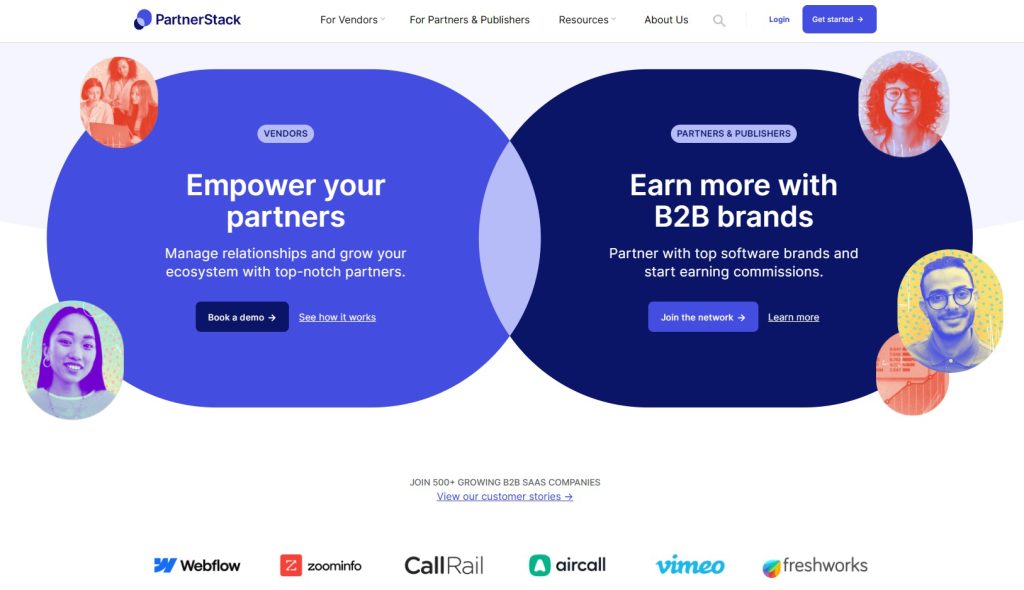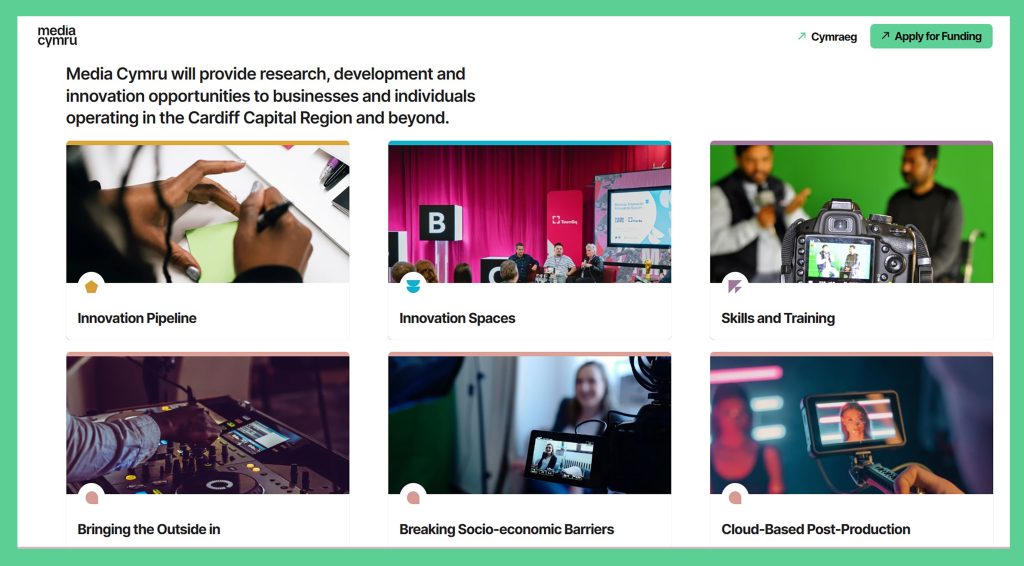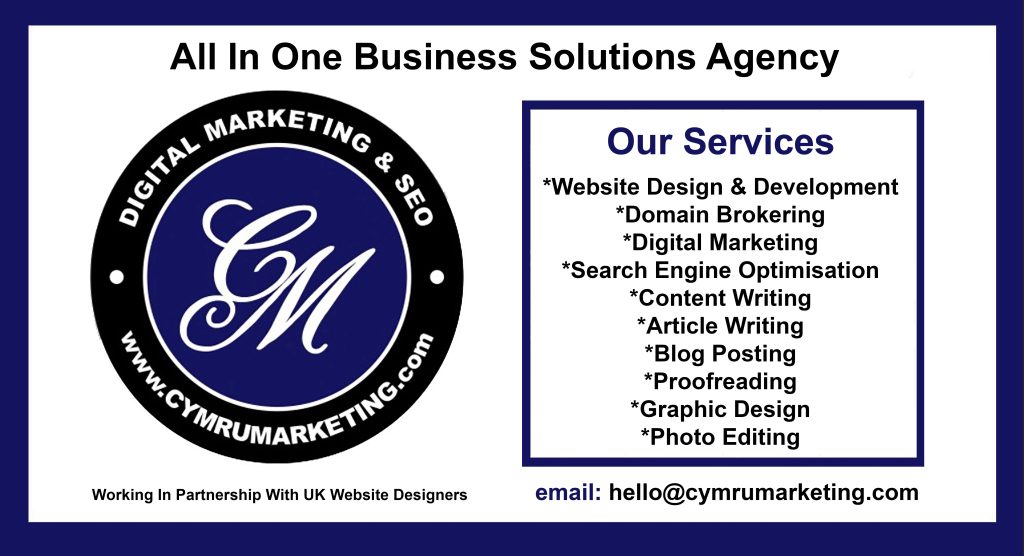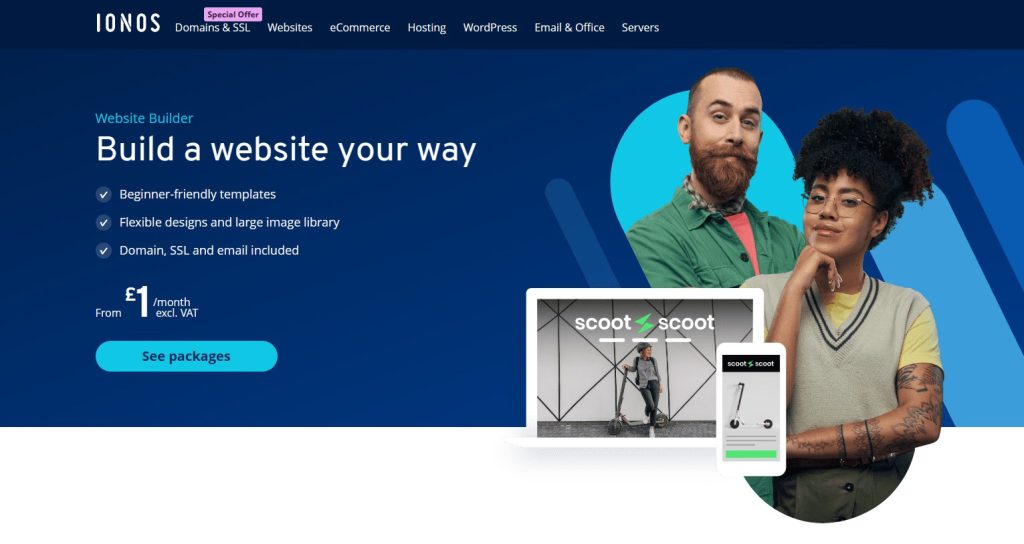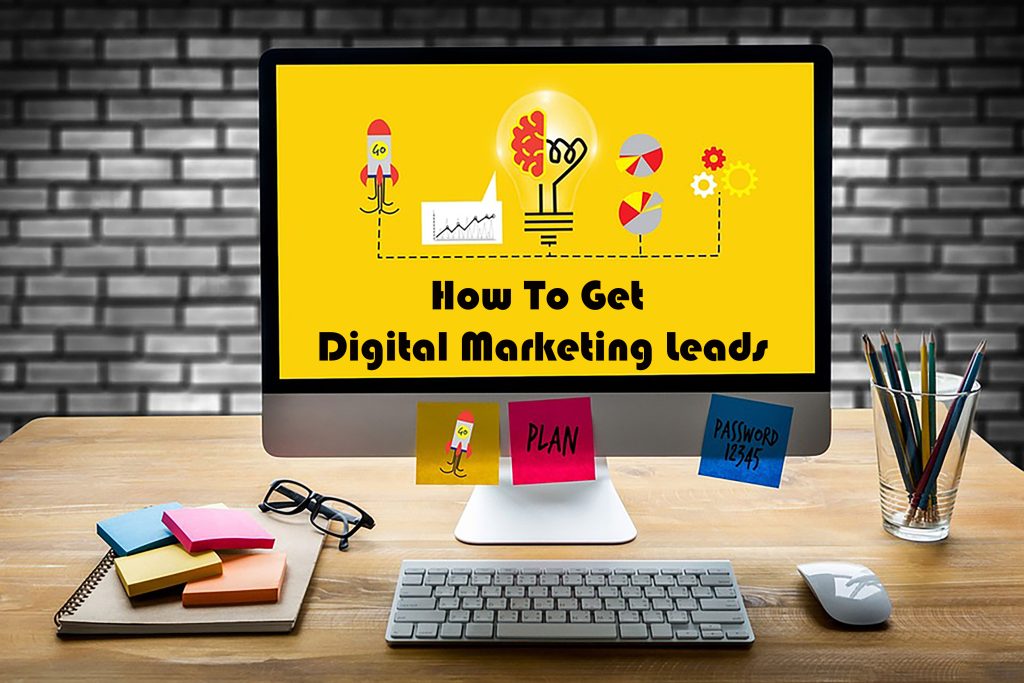
In This Article:
- The BBC’s Bid for Local News Dominance: Implications for TV License Payers and Small News Outlets
- The BBC’s Local News Expansion: A Threat to Independent Journalism
- Survival Of The Fittest
- Privately Owned News Outlets
- The TV License Fee, Essentially a Near-Unavoidable Tax
- Why The BBC Will Not Consider A Pay As You Go Option
- Conclusion
The BBC’s Bid for Local News Dominance: Implications for TV License Payers and Small News Outlets
In recent years, the BBC has made strides to expand its reach into the realm of local news media, a move that has sparked concerns among TV license payers and smaller news outlets. While the British Broadcasting Corporation has long been a dominant force in national news coverage, its foray into local news has raised questions about media diversity, the role of public service broadcasting, and the impact on smaller, independent news organizations.
The BBC’s Local News Expansion
The BBC’s push into local news is part of its broader strategy to remain relevant and competitive in a rapidly evolving media landscape. In an era where digital platforms and social media have transformed how people consume news, the BBC aims to meet the changing needs of its audience by delivering more localized content. However, this expansion has not come without controversy.
Critics argue that the BBC’s move into local news could stifle competition, as the public broadcaster’s vast resources and established brand could overshadow smaller, independent news outlets. Concerns have been raised about the potential for a monopoly on local news, limiting the diversity of voices and perspectives available to audiences.
Impact on TV License Payers
The funding model of the BBC, primarily through the TV license fee, raises questions about how the expansion into local news will affect license payers. The TV license is a mandatory fee paid by households in the UK that own a television or use the BBC iPlayer. As the BBC invests more resources into local news, some argue that license payers may question whether their funds are being used in the best way possible.
Supporters of the BBC’s local news expansion contend that it aligns with the organization’s public service remit, providing citizens with valuable information about their communities. However, critics argue that TV license payers may not want their funds to be used to compete with existing local news outlets, especially when there are financial challenges faced by smaller, independent news organizations.
Challenges for Smaller News Outlets
Independent local news outlets already face numerous challenges in the digital age, from declining advertising revenues to the rise of online platforms. The BBC’s entry into the local news scene adds another layer of competition for these outlets, potentially making it more difficult for them to survive and thrive.
Smaller news organizations may find it challenging to compete with the BBC’s well-established brand and extensive resources. There are concerns that local news coverage could become homogenized, with the BBC’s editorial priorities overshadowing the unique perspectives offered by smaller outlets.
The BBC’s efforts to expand into local news media have ignited a debate about the role of public service broadcasting, media diversity, and the impact on smaller, independent news organizations. While the BBC argues that its move into local news is in the public interest, critics question the implications for TV license payers and the potential challenges posed to smaller news outlets. Striking a balance between the BBC’s expansion and the preservation of a diverse and vibrant local media landscape will be crucial in navigating the evolving dynamics of the UK’s media landscape.
The BBC’s Local News Expansion: A Threat to Independent Journalism
In the complex landscape of media funding and competition, the BBC’s expansion into local news has raised significant concerns, particularly regarding its impact on independent news outlets and the TV license payers who fund the BBC’s operations.
The BBC, funded primarily by the TV license fee, plays a crucial role in providing comprehensive national news coverage and conducting important investigations. However, recent developments suggest that the broadcaster’s reach is extending far beyond its traditional boundaries, posing challenges to the existence of local independent journalism.
The TV license fee, essentially a near-unavoidable tax, ensures the BBC’s financial stability. Those who fail to pay this fee can face legal consequences, a reality exemplified by the prosecution of vulnerable individuals in Wales for non-payment of the £159 annual fee. While the BBC’s utilization of public money for its operations is understandable, concerns arise when this financial strength is redirected to encroach upon local news territories.
The heart of the matter lies in the BBC’s strategy to shift resources from local radio, drastically reducing locally produced shows, to an increased focus on online news. This move directly competes with local news websites, including platforms like Wales-Online, which provide vital regional coverage. The fear is that the BBC’s expansion threatens the future of these independent outlets, already grappling with challenges such as declining advertising revenues, cautious advertisers, and tech giants dominating advertising revenue.
Unlike commercial entities like Google and Meta, the BBC enjoys a guaranteed funding source in the form of the license fee, effectively underwritten by the British public. This dynamic raises questions about the fairness of the BBC’s choice to allocate public funds toward competing with local news websites, potentially jeopardizing their long-term survival.
The BBC’s intrusion into the local news domain comes at a time when commercial media is struggling with various challenges, from decreasing website visits due to unilateral decisions by platforms like Meta to the growing dominance of tech giants in advertising revenue. The BBC’s formidable financial backing, derived from the TV license fee, adds another layer of complexity to the survival of independent local news outlets.
The impact of the BBC’s strategy extends beyond England, affecting local news websites across the UK, including Wales. Large publishing businesses, such as Reach plc, which owns platforms like Wales-Online, face the risk of reduced resources if the BBC’s move renders other local news websites unsustainable. The result is a tangible threat to independent journalism, with hundreds of editorial jobs already lost.
While the BBC claims it aims to be a good neighbor to local news organizations, the reality is shaping up differently. Critics argue that the broadcaster is inadvertently becoming a “neighbour from hell,” a state-funded behemoth poised to stifle independent journalism in cities, towns, and villages throughout the UK. The concern is not only about unintended consequences but also about the potential merging of the power of big tech and the BBC, eroding the proud tradition of a free, diverse, and independent media landscape.
As the BBC continues its aggressive foray into markets traditionally served by commercial and independent operators, questions about the broadcaster’s role as a public service entity emerge. While the BBC’s journalism is undeniably vital, there is a growing sentiment that, to maintain fairness and diversity in the local news ecosystem, the broadcaster should stand on its own corporate feet and compete without relying on the advantage provided by public funding. Otherwise, the risk is a media landscape where independent local news outlets struggle to survive, and the BBC inadvertently becomes a major threat to the diversity and independence of journalism in the UK.
Survival Of The Fittest
Surviving and thriving as a local independent news outlet in the face of competition from a media giant like the BBC requires strategic thinking, innovation, and a deep understanding of your community.
Here are several ways a local independent news outlet could enhance its resilience and competitiveness:
- Niche Focus: Identify and dominate a specific niche or topic that resonates with your local audience. Specialization can make your outlet a go-to source for in-depth coverage on particular subjects.
- Community Engagement: Foster strong ties with the local community. Attend events, host town halls, and actively seek community input. This engagement can build trust and loyalty, distinguishing your outlet from larger, more distant competitors.
- Hyperlocal Reporting: Concentrate on hyperlocal news and issues that might be overlooked by larger outlets. By becoming the authoritative source for neighborhood-level news, you can establish a unique value proposition.
- Collaborations: Form partnerships with local businesses, community organizations, and other media outlets. Collaborative efforts can amplify your reach and resources, providing a mutually beneficial relationship.
- Diverse Revenue Streams: Diversify income sources beyond advertising. Explore subscription models, membership programs, and reader donations. Offering premium content or exclusive perks to subscribers can incentivize financial support.
- Quality Investigative Journalism: Invest in investigative journalism that uncovers local issues and holds authorities accountable. This can differentiate your outlet by providing unique and valuable content.
- Digital Innovation: Stay ahead in digital innovation. Invest in a user-friendly website, mobile app, and social media presence. Utilize multimedia formats, podcasts, and video content to cater to different audience preferences.
- Data Journalism: Utilize data journalism to present information in compelling and accessible ways. Visualizations, interactive maps, and data-driven stories can engage readers and set your outlet apart.
- Transparency and Credibility: Emphasize transparency in reporting and editorial processes. Building a reputation for accuracy, fairness, and reliability is essential for earning and maintaining the trust of your audience.
- Local Business Support: Forge partnerships with local businesses for sponsorships and advertising. Supporting local enterprises and showcasing their stories can create a symbiotic relationship.
- Agile Adaptation: Stay agile and adapt quickly to changes in the media landscape. Monitor audience trends, adjust content strategies, and embrace new technologies to remain relevant.
- Crowdsourced Content: Encourage community members to contribute stories, photos, and opinions. Creating a platform for user-generated content can enrich your coverage and increase community involvement.
- Educational Initiatives: Develop educational programs, workshops, or seminars related to media literacy and journalism. Position your outlet as a community resource for understanding and engaging with news.
- Mobile Journalism (MoJo): Train your team in mobile journalism techniques. The ability to quickly capture and share news stories using smartphones can enhance your agility and efficiency.
- Brand Personality: Develop a distinctive brand personality that reflects the values and identity of your community. A recognizable and relatable brand can foster a deeper connection with your audience.
Privately Owned News Outlets
Privately-owned news outlets, as opposed to publicly-funded entities like the BBC, possess unique advantages that can contribute to their survival and success in a competitive media landscape.
Here are several reasons why privately-owned news outlets stand a better chance of thriving:
- Agility and Flexibility: Private news outlets are generally more agile and adaptable to changing market conditions. They can quickly adjust their strategies, editorial focus, and business models without the bureaucratic processes often associated with public entities.
- Entrepreneurial Spirit: Privately-owned news outlets often operate with an entrepreneurial spirit, driven by a desire to innovate and find new ways to connect with audiences. This mindset encourages risk-taking and the exploration of diverse revenue streams.
- Niche Specialization: Private news outlets can specialize in niche markets or topics that might not be covered extensively by larger, more generalized public broadcasters. This specialization can attract a dedicated audience seeking in-depth coverage on specific subjects.
- Diverse Revenue Streams: Unlike public broadcasters that may rely heavily on government funding or license fees, private news outlets have the freedom to diversify revenue streams. This can include advertising, subscriptions, events, partnerships, and other creative income sources.
- Community Connection: Privately-owned news outlets often have a more direct and personal connection with their communities. This close relationship allows for a better understanding of local interests, concerns, and the ability to engage with the audience on a more personal level.
- Innovative Business Models: Private news outlets can experiment with innovative business models, such as paywalls, memberships, and crowdfunding, to sustain their operations. This flexibility allows them to find models that resonate with their specific audience.
- Editorial Independence: Private ownership can provide editorial independence, allowing news outlets to pursue investigative journalism and report on controversial topics without concerns about government interference or political pressures.
- Adaptability to Technology: Privately-owned outlets can more swiftly embrace technological advancements. Whether it’s implementing new digital platforms, interactive storytelling, or emerging multimedia formats, private entities can integrate these technologies more efficiently.
- Competitive Edge in Local Markets: Local private news outlets can better understand and serve their communities. They are often more attuned to local issues, events, and culture, providing a competitive edge over larger, more centralized entities.
- Efficient Decision-Making: Private ownership often streamlines decision-making processes. The absence of bureaucratic layers allows for quicker responses to market changes, audience preferences, and emerging trends.
- Brand Differentiation: Private news outlets have the freedom to shape their own brand identity. A unique and authentic brand can set them apart from competitors and build a distinct identity that resonates with their audience.
- Local Business Support: Private news outlets can build strong partnerships with local businesses, fostering a symbiotic relationship that benefits both parties. Local businesses are more likely to advertise with outlets that share a mutual interest in community well-being.
The agility, entrepreneurial mindset, and direct community engagement of privately-owned news outlets position them to navigate challenges and seize opportunities more effectively. While public broadcasters play a vital role, private entities have the flexibility to tailor their strategies to the specific needs and dynamics of their markets, enhancing their chances of long-term survival and success.
The TV License Fee, Essentially a Near-Unavoidable Tax
The TV license fee, often deemed a near-unavoidable tax, plays a pivotal role in securing the financial stability of the British Broadcasting Corporation (BBC). Instituted as a funding mechanism for the BBC, the license fee is a mandatory charge imposed on households in the United Kingdom that own a television or make use of the BBC iPlayer for streaming content.
The concept of the TV license fee has its roots in the early days of broadcasting when the BBC was the sole provider of television services in the UK. The fee was introduced to support the public service nature of the BBC, ensuring that it could fulfill its mission to inform, educate, and entertain the nation without being beholden to commercial interests or political pressures.
The near-unavoidable nature of the TV license fee lies in its mandatory nature. Anyone watching or recording live television broadcasts, irrespective of the channel, or using the BBC iPlayer for streaming content is legally obligated to pay the fee. This legal requirement gives the fee its quasi-tax status, as it is akin to a levy imposed on television ownership and usage.
The funds generated through the TV license fee constitute a substantial portion of the BBC’s annual budget. This financial model is designed to safeguard the BBC’s editorial independence and shield it from the commercial pressures faced by other media outlets that rely on advertising revenue. By being largely funded by the public, the BBC can operate with a focus on public service broadcasting, delivering content that serves the diverse needs and interests of the UK population.
Critics argue that the TV license fee can be burdensome, especially for households that may not extensively consume BBC content or prefer alternative media sources. The enforcement of the fee, including penalties for non-payment, has sparked debates about its fairness and relevance in the digital age when media consumption habits have evolved significantly.
However, proponents of the TV license fee contend that it is a crucial mechanism for maintaining a robust and independent public broadcaster. They argue that the fee ensures a steady and reliable source of funding, allowing the BBC to produce a wide array of programming, including news, drama, documentaries, and educational content, without compromising on quality or editorial integrity.
The TV license fee, though considered by some as a near-unavoidable tax, remains a linchpin in upholding the financial stability and independence of the BBC. It continues to be a subject of ongoing discussion and debate, reflecting the complex balance between public funding, media consumption habits, and the role of a public service broadcaster in the contemporary media landscape.
Why The BBC Will Not Consider A Pay As You Go Option
The BBC’s current funding model, primarily reliant on the TV license fee, has been a subject of debate and scrutiny over the years. While some argue for alternative funding methods, such as a pay-as-you-go option, the BBC has maintained its commitment to the license fee for several reasons:
- Public Service Mandate: The BBC operates as a public service broadcaster with a mandate to provide high-quality content that educates, informs, and entertains the entire UK population. The TV license fee aligns with this mission by ensuring a stable and predictable source of funding, allowing the BBC to fulfill its public service obligations without commercial pressures.
- Independence and Editorial Integrity: The TV license fee model is designed to insulate the BBC from commercial interests and political pressures. Introducing a pay-as-you-go option or relying more heavily on commercial revenue might compromise the BBC’s editorial independence and its ability to produce content that serves the diverse interests and needs of the public.
- Universal Access: The TV license fee is based on the principle that everyone who accesses live television broadcasts or the BBC iPlayer should contribute to the funding. This universal approach ensures that the BBC can provide services to all citizens without creating financial barriers to access. A pay-as-you-go model might exclude certain demographics and limit access to public service content.
- Predictable Funding: The TV license fee provides the BBC with a predictable and stable source of funding, allowing it to plan and produce content over the long term. Introducing a pay-as-you-go option could result in more unpredictable revenue streams, making it challenging for the BBC to sustain its current level of programming and services.
- Public Support: Despite periodic debates and criticisms, the TV license fee continues to have public support, with many citizens recognizing the value of a publicly funded broadcaster. The pay-as-you-go option might face resistance from those who appreciate the current model and believe in the importance of a publicly funded BBC.
- Minimizing Commercial Influence: Relying on a pay-as-you-go model could necessitate increased commercialization of BBC content to generate revenue. The current model allows the BBC to minimize commercial influence and maintain a focus on its public service remit.
- Enforcement Challenges: Implementing and enforcing a pay-as-you-go system would likely present administrative challenges, potentially leading to increased costs and complexities. The TV license fee, with its straightforward structure, has historically been easier to administer.
While the debate around the BBC’s funding model continues, the organization remains committed to the TV license fee as a means of preserving its public service ethos, editorial independence, and universal accessibility. Any shift to alternative funding models would require careful consideration of these principles and the potential impact on the BBC’s ability to fulfill its crucial role in serving the diverse interests of the UK public.
Conclusion
By combining these strategies, a local independent news outlet can carve out its own niche, build a loyal readership, and effectively compete against larger entities like the BBC. Adaptability, community focus, and innovation will be key to long-term success.
The BBC’s intrusion into the local news domain comes at a time when commercial media is struggling with various challenges, from decreasing website visits due to unilateral decisions by platforms like Meta to the growing dominance of tech giants in advertising revenue. The BBC’s formidable financial backing, derived from the TV license fee, adds another layer of complexity to the survival of independent local news outlets. The impact of the BBC’s strategy extends beyond England, affecting local news websites across the UK, including Wales. Large publishing businesses, such as Reach PLC, which owns platforms like Wales-Online, face the risk of reduced resources if the BBC’s move renders other local news websites unsustainable. The result is a tangible threat to independent journalism, with hundreds of editorial jobs already lost. The concern is not only about unintended consequences but also about the potential merging of the power of big tech and the BBC, eroding the proud tradition of a free, diverse, and independent media landscape.
As the BBC continues its aggressive foray into markets traditionally served by commercial and independent operators, questions about the broadcaster’s role as a public service entity emerge. While the BBC’s journalism is undeniably vital, there is a growing sentiment that, to maintain fairness and diversity in the local news ecosystem, the broadcaster should stand on its own corporate feet and compete without relying on the advantage provided by public funding. Otherwise, the risk is a media landscape where independent local news outlets struggle to survive, and the BBC inadvertently becomes a major threat to the diversity and independence of journalism in the UK.
#bbc #bbcnews #tvlicense #walesonline #localnews #cymrumarketing #cymrujournal #cmjuk #news #journalism #journalists #publicfunding #crowdsourcing #adverting #marketing #digitalmarkting
ADVERTISEMENTS



